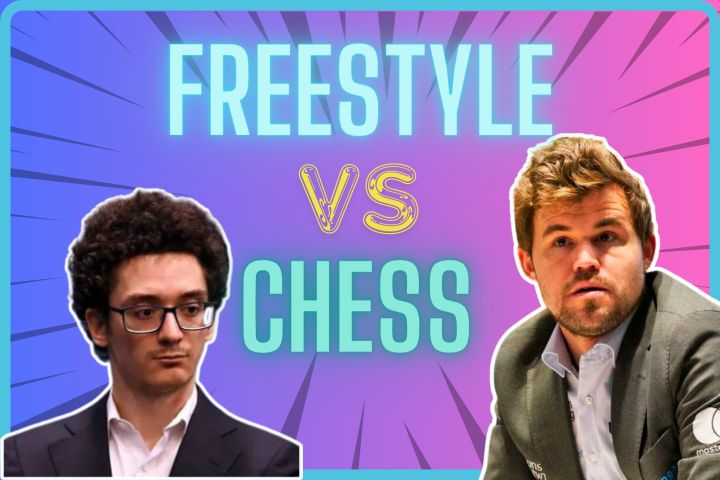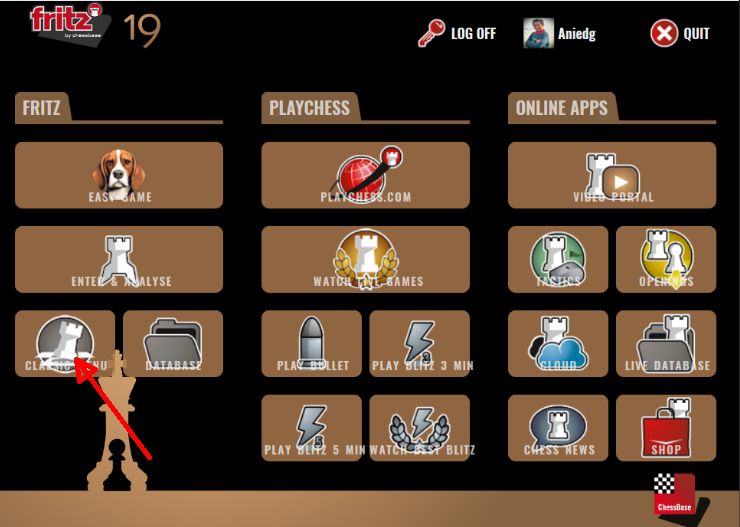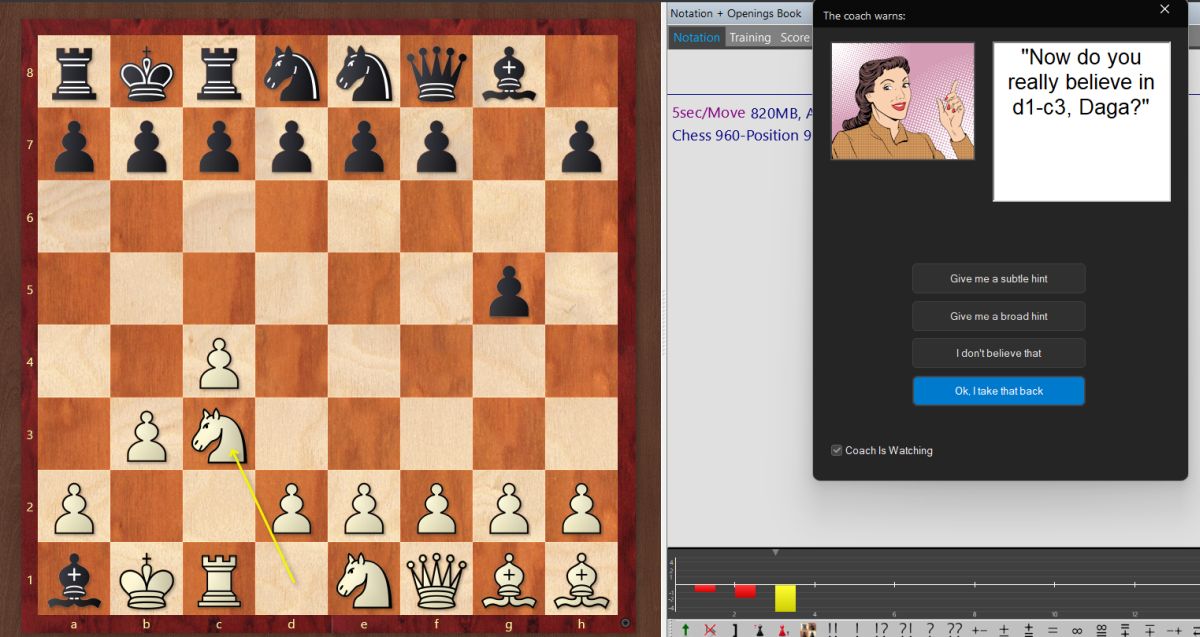


Freestyle Chess removes all opening theory and essentially ensures a level-playing field with no prior knowledge. This means, no more memorising 30 moves to achieve an advantage of +0.22, but rather using your analytical thinking, relying entirely on your creativity from move one. Magnus Carlsen, himself employed the Grob on numerous occasions! Yay, who doesn’t like that?
The confessional booth/box is a place where the players went (during their ongoing games), to speak about the position, and their thoughts behind the moves they played. This could be heard by the commentators and the general public (but of course not their opponents) and the purpose was just to inform us how players think!
It is an underrated idea for two reasons. Firstly, the confession box was entertaining for the audience – one notable example was Aronian, when he realised that he analysed the wrong position but still got a better position; “I am at this stage where I’m fine admitting I’m an idiot, and I’m happy!” Secondly, we got some insights into how the top players actually thought, with all the pressure and game analysis going in their heads and without any memorised opening moves or ideas.
Time trouble is especially apparent in Freestyle, because the players spent much longer in their openings and so, naturally, by the time the endgame was reached they were playing in seconds! Take Fabiano Caruana, the runner-up to the event, who had a rocky semi-final, when he gifted two rooks to his opponent!
Here is the position where Fabi just had to draw but instead played the shocking 40.Rb7, with one second on the clock and 170 heart-rate. Adrenaline rush for the viewers and a heartbreak for Fabi. But as fate would have it, he did indeed qualify for the finals!
But we can’t ignore the fact that the players were trying so hard and playing top-level chess almost throughout, with amazing ideas shown on the board. Whether it was, Magnus storming back for three wins in a row after a first-round loss against Alireza, or Vincent Keymer beating everyone who got in his way in the first day rapid, we saw creativity all around!
So, while watching Freestyle chess, did it get you inspired to prepare for it? But how can you do that? No worries, Fritz 19 (and soon ChessBase) supports Chess960 games!
By the way, are you also wondering how to analyse Chess960 games but don’t know how? Well, here is a quick guide on doing so in Fritz 19. You probably have the program – but if not you can get it in the ChessBase Shop for €89.90.

In the start screen click on "Classical menu". You can also use "Easy game".

There is even a drawing of lots function, so if you want to play a game with a friend at the local chess club, you can do it fairly and randomly! And remember that you should use the randomizer again between rounds, because you wouldn’t want to revert to regular chess, would you?
Say you have a Freestyle position, 959 for instance:

How can I use Fritz to analyse this position correctly? Well, you can first play against the engine. Whenever you make a move, the engine does it for the other side in two seconds! And now, let’s say you play a bad move – what can you do?

The engine warns you that the move Nd1-c3 may not be the best move, after which you get different options pertaining to what you want to do! And of course, if you don’t believe what the coach is saying, you can simply click “I don’t believe that!” [click image to enlarge].
In coming articles I will be giving you further instructions on how to use the ChessBase software to train for Freestyle Chess encounters, as well as other features! Stay tuned!